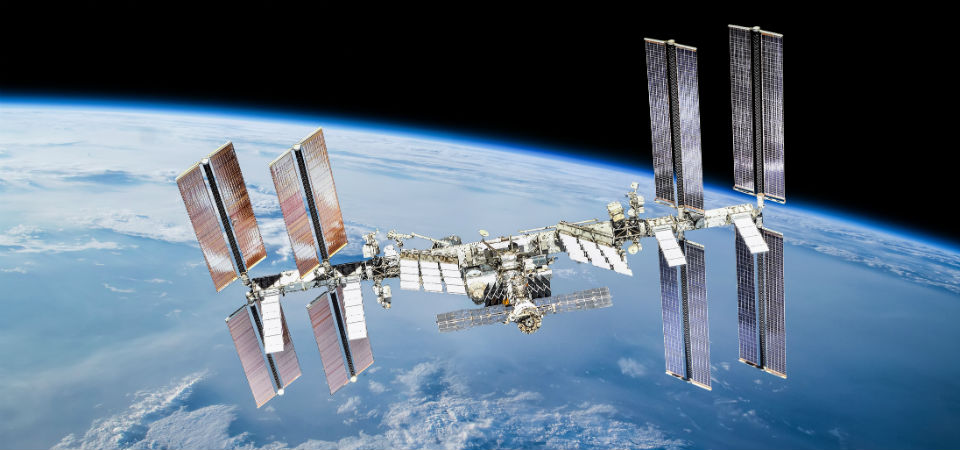For years, the European Space Agency (ESA) has been investigating evaporation with the aim of learning more about fluids physics in extreme conditions.
Despite being a common phenomenon there are a great number of unanswered questions about the underlying mechanisms of droplet evaporation in space.
Now, researchers from Loughborough University will lead two projects that will examine how liquid substances spread and evaporate over porous and deformable surfaces, such as human skin.
The work done at Loughborough will be continued aboard the International Space Station.
It hoped the results will help improve processes such as Dried Blood Sampling (DBS) – when a blood droplet is deposited on a porous material, usually filter paper.
The MAP Evaporation project will run for two years and is part of the ESA's ongoing research into Enhanced Evaporators and Drop Evaporation.
Dr Anna Trybala, of Loughborough's School of Aeronautical, Automotive, Chemical and Materials Engineering, said: “The European Space Agency has a long-term interest in physical science and especially in the kinetics of spreading and evaporation of liquids.
“More than 90% of any rocket is liquid fuel, which has a tendency to behave in a very special way under tough space conditions.
“On top of that, astronauts on-board use a lot of liquid products – for example, food, drinking liquids, cleaning liquids.
“We plan to investigate simultaneous spreading and evaporation of pure liquids, liquid mixtures and nano-suspensions deposited on smart porous structures.
“As smart porous structures, we consider thin porous layers (such as human skin, bunch of hairs, porous coatings with sintered structures) and thick porous layers (such as porous activated carbon, porous structures built up by nano-particles).
“The results can be used for thermal management in space and the development of home care products.”
ENDS
